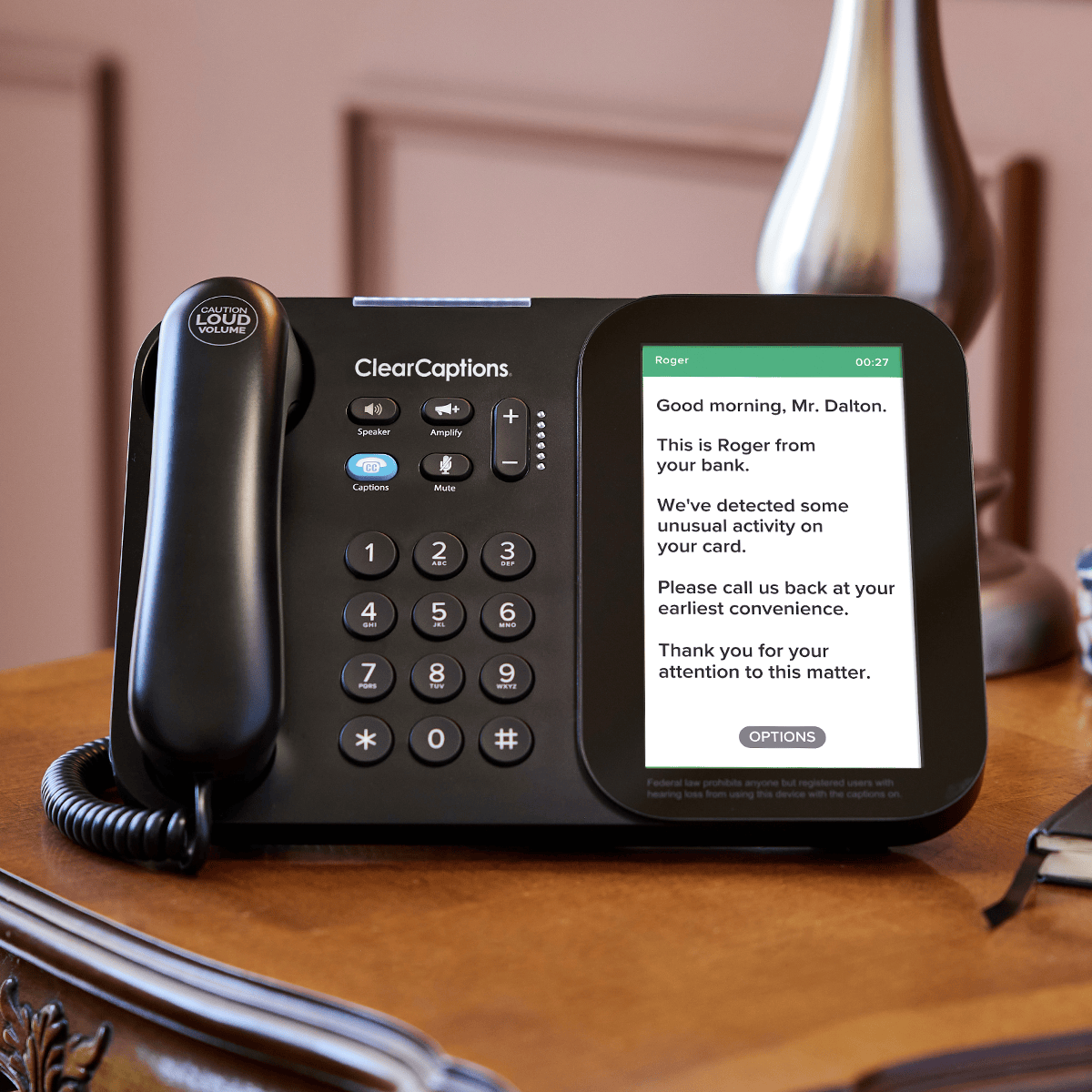Can Hearing Loss Lead to Dementia?


Is hearing loss associated with dementia?
According to the Alzheimer’s Society, if you develop hearing issues between the ages of 40 and 65, you also have an increased risk of developing dementia.
Let’s dive deeper into the connection between hearing loss and dementia.
What is Dementia?
Dementia is not just one disease; it is a general term that describes many conditions affecting the brain. As we age, our brain function can slowly decline, leading to these conditions. Symptoms of dementia can include problems with memory, language, and thinking, which can make everyday life more challenging.
These challenges are more than just forgetting a birthday now and then or needing to search for a favorite recipe you once knew by heart. Dementia leads to ongoing confusion about how to do even the simplest tasks and can make it hard to remember small details, like the name of a family member or a close friend.
The Link Between Hearing Loss and Dementia
Researchers are still exploring the link between hearing loss and dementia. However, one study from Johns Hopkins University found a link between the loss of hearing and dementia.
This study found that brain scans of people with hearing loss also showed faster brain and thinking decline. It revealed that people with hearing loss are 61% more likely to develop dementia. However, when people use hearing aids, the risk of dementia drops to 32%.
Although more research is still needed to find the exact connection between hearing loss and dementia, AARP suggests that social isolation has long been recognized as a factor for cognitive decline and dementia.
When people are dealing with hearing loss, it’s common for them to become socially isolated, losing access to regular communication and socialization, which are two key components needed to maintain mental health.
Impact of Hearing Loss on Cognitive Function
Hearing loss impacts much more than just your ability to follow conversations. It can also harm how your brain works.
When you have trouble hearing, your brain has to work much harder to understand what is being said. Over time, this extra effort can cause problems with thinking and memory, making it harder to pay attention and communicate effectively.
Risk Factors and Early Signs
To protect yourself from serious hearing loss, it’s important to stay alert! Watch for these warning signs and risk factors:
- A family history of hearing loss
- Often asking others to repeat what they’ve said
- Turning the TV or radio up very loud
- Struggling to keep up in conversations
- Having trouble using the phone
- Experiencing ringing in the ears (tinnitus)
By recognizing these signs of hearing loss and taking steps to address them, you can help prevent future problems.
Preventive Measures and Treatment Options
Hearing loss may not directly cause dementia, but untreated hearing loss can lead to problems that contribute to it. The good news is that there are steps you can take to maintain a comfortable lifestyle and keep your mind sharp.
- Get your hearing checked. It’s important to have your hearing tested regularly. Early detection can make a big difference. A hearing care professional can help you find the best treatment and hearing solutions for you.
- Explore hearing technology. Research shows that using hearing aids can help delay dementia and lower the risk of memory decline. Talk to an audiologist about getting a hearing evaluation to see if hearing aids might be a good fit for you. You can also pair hearing aids with captioned phone calls to keep you connected with family and friends!
- Live a healthy lifestyle. A diet that consists of fruits, vegetables, lean meats, and low-fat products can help keep your brain healthy. Evidence shows that people who eat a Mediterranean diet are at a lower risk of developing cognitive decline and dementia.
What Healthcare Providers Can Do for Hearing and Brain Health
If you notice that your hearing isn’t as good as it used to be, it’s important to schedule a hearing screening with a hearing care professional. They can help you understand why you’re experiencing certain sounds differently and create a plan to lessen any problems in your daily life.
They may recommend hearing aids or helpful devices like a ClearCaptions Phone. Addressing your hearing issues quickly will make it easier to communicate with others and protect your brain health.
If you’re worried about hearing loss related to Alzheimer’s or dementia, or if you just want to enjoy conversations with family and friends better, now is the time to take action. Get your hearing checked today!








